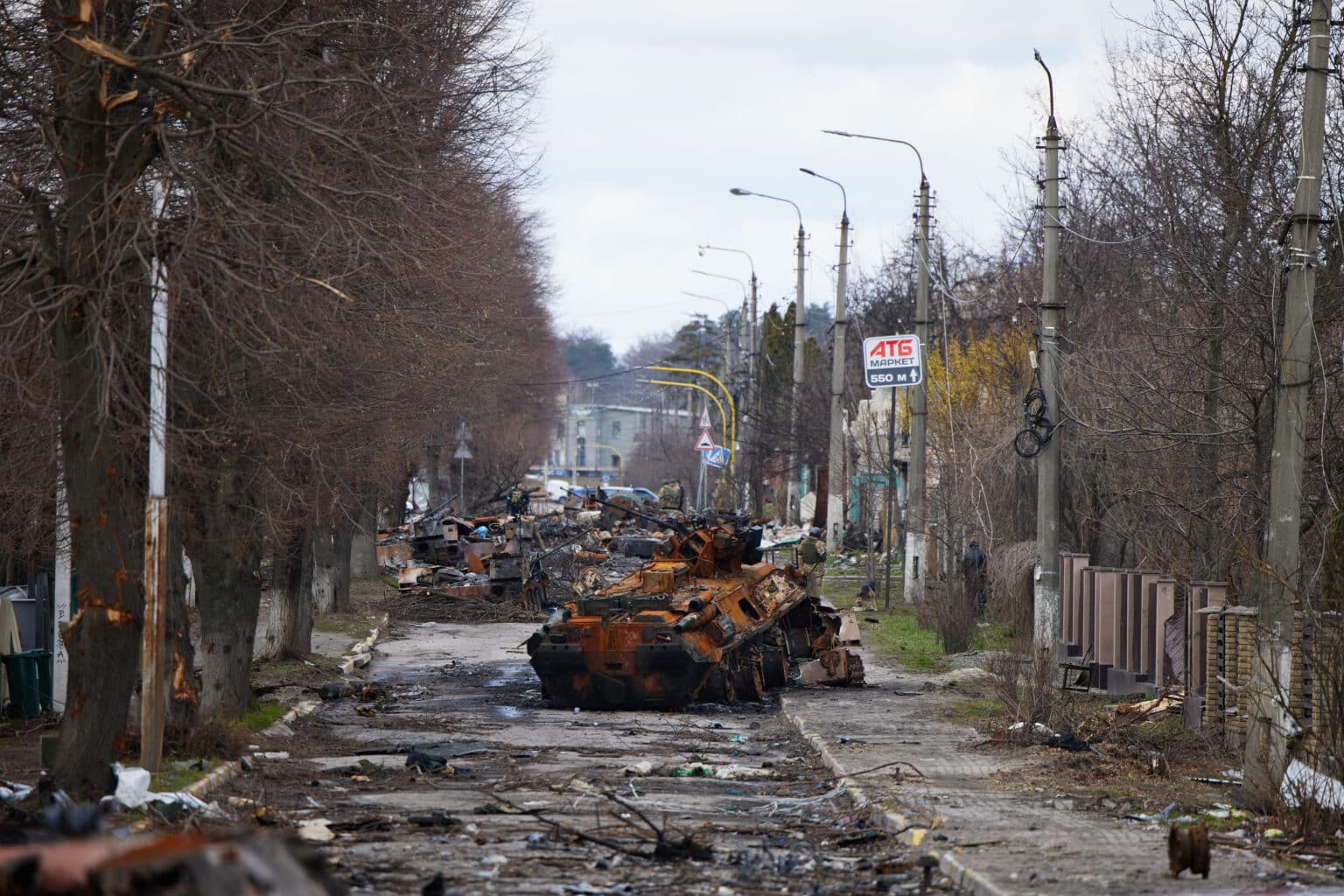September 26, 2024
The claim that Russia doesn’t possess any solid red lines—or won’t enforce them—isn’t supported by evidence

From the moment the war in Ukraine began, the Biden administration has attempted to accomplish what would seem to be two contradictory objectives: support Kyiv’s defenses against Russia’s unjustified invasion and minimize the prospects of a direct NATO-Russia conflict that could conceivably rise to the nuclear level.
Washington has accomplished the feat—so far. Although the Russians continue their advance in the Donbas, at a high cost to their own personnel—UK Defense Minister John Healey claimed this month that around 1,100 Russian troops were being killed every day—the Ukrainians haven’t folded and are using Western-supplied equipment, from tanks and F-16 aircraft to the Army Tactical Missile System, to strike Russian positions in occupied Ukraine and within Russia’s own borders. Russian President Vladimir Putin’s nuclear saber-rattling, which he started at the very beginning of the conflict, has been just that: saber-rattling. While so many perceived Russian red lines have been crossed the last two and half years, some Western foreign policy commentators, as well as Ukrainian President Volodymyr Zelensky, have concluded that Washington and its allies can do pretty much anything without having to worry about escalation.
Yet, as President Biden deliberates on allowing Ukraine to use Western missiles to strike military targets deep in Russian territory, US officials must weigh the first-, second-, and third-order consequences of any decisions they make. Assuming that escalation risks don’t exist is irresponsible and potentially dangerous.
More on Eurasia

By Geoff LaMear
October 11, 2025
Featuring Daniel Davis
September 25, 2025
Events on Ukraine-Russia







